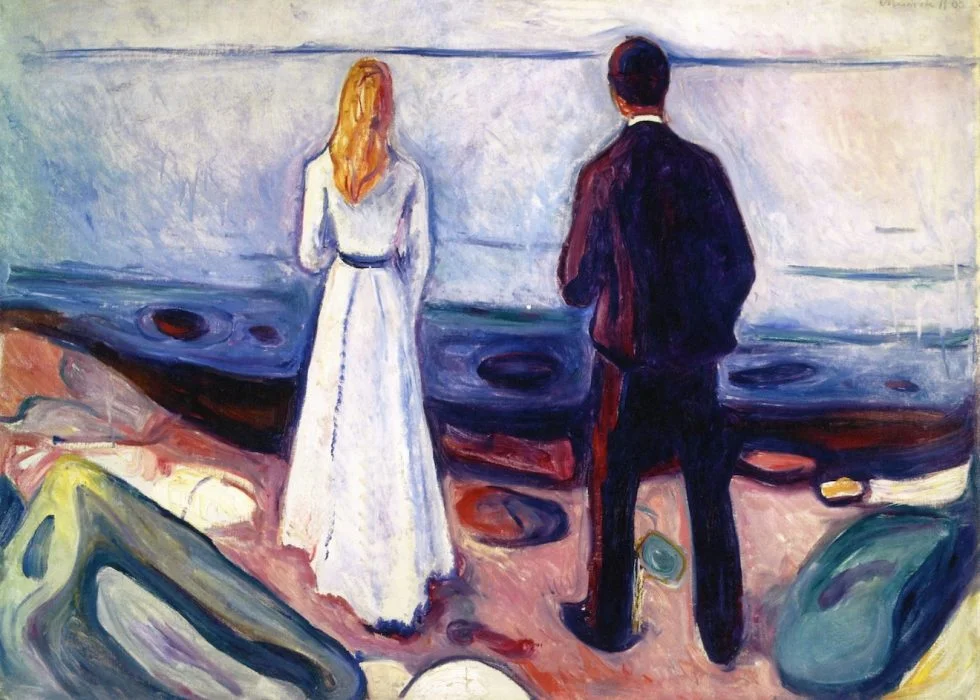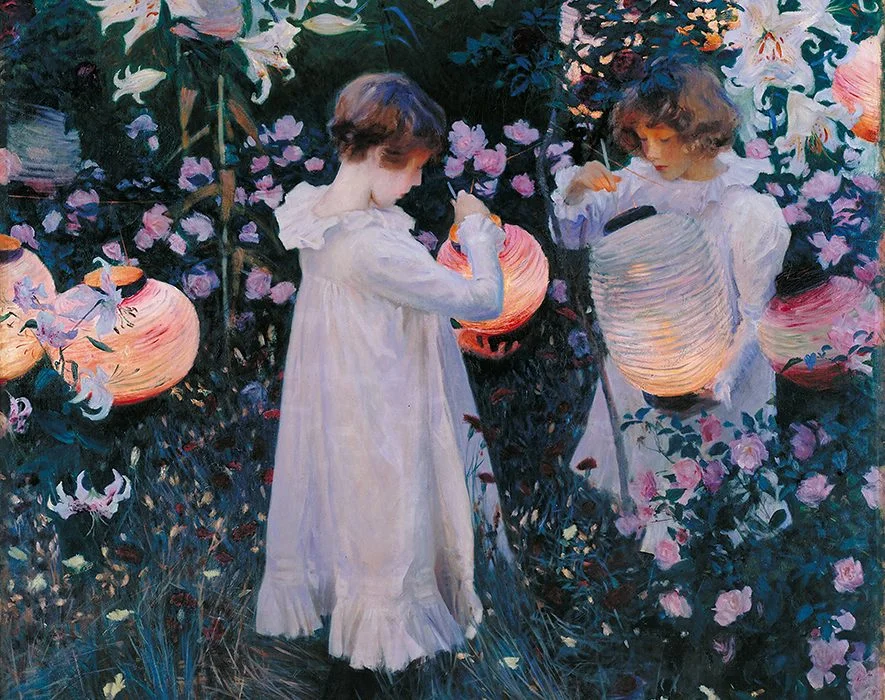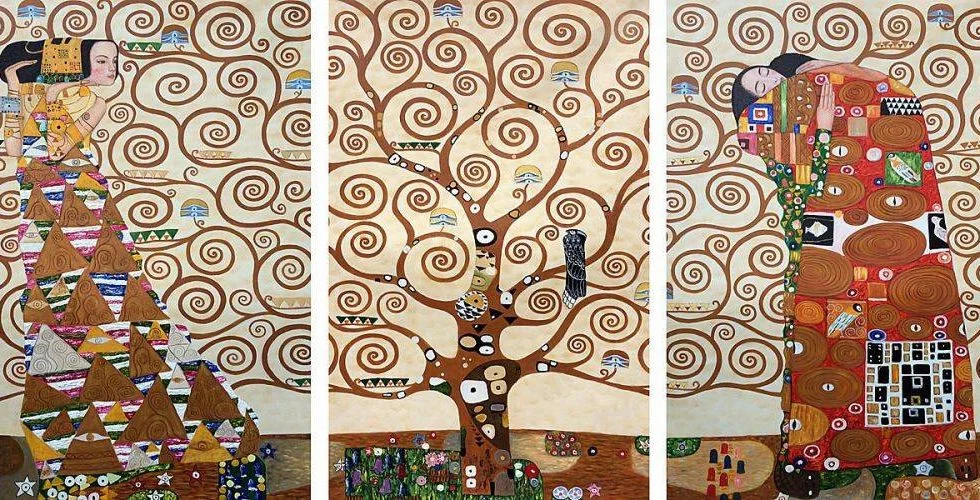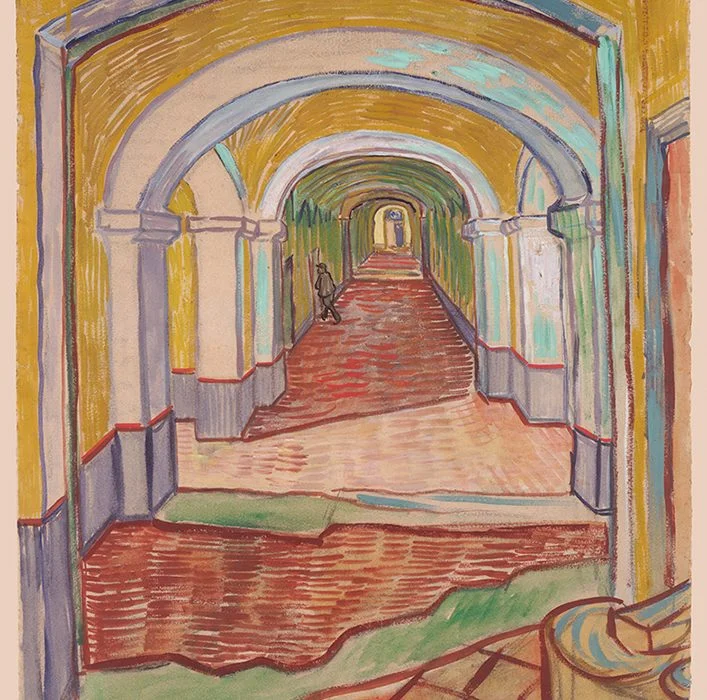Self-Knowledge • Emotional Skills
How Hard It Is to Be Patient
Impatient people deserve special pity: not only do they have to suffer from their affliction, they also have to put up with the repeated impatience of other people in relation to it. ‘Why on earth can’t you just wait?’ they tend to be agitatedly told at exactly the moment when waiting any longer feels impossible. ‘Relax!’ comes the testy recommendation when worry seems the only way.
We collectively treat patience as something we must sharply be reminded to have, rather than a quality we might be compassionately understood for lacking – and perhaps slowly guided towards one day acquiring. But the importance of patience is not merely a moral lesson – it’s a psychological achievement, often rooted in early experience.
The Roots of Impatience
It’s not really our fault that waiting feels so terrible. All babies are born with marked tendencies towards impatience – or, more plainly put, outright panic. Where in heaven’s name is my milk? What the hell is this pain in my belly? Get this bright light out of my eye! Why am I soaked through in the middle of the night? Early life is bound up with a catastrophic-feeling gap between our desires and the available realities. Disappointment is the most fundamental emotion of babyhood.
If we ever recover, it is because someone else came along – someone who was calm, sane and kind – someone to whom patience had been shown a generation previously.
‘There, there, the milk’s just warming up now …’ ‘It’s going to take two more minutes till we get you into something dry …’ The good-enough parent is on hand with two vital ingredients: reassurance and compassion. The solution will come; it just isn’t there yet. And poor you, how miserable to have to put up with this sort of thing.

A fundamental, unheralded role of a parent is to tide a small person over the gap between their wishes and reality. To say, in effect, again and again: I know how awful it is that matters are not the way you (or I) would want them to be. You are not alone. Your cries are just; all good and wise people are on your side and would wish things to be otherwise.
If this sort of containment happened enough times with someone else, later on, we’ll be able to rehearse it for ourselves. Our caregiver may be long dead or have moved on to other things, and yet we’ll still be able to hear their tender internalised voice in our mind. When there’s an ongoing silence from a client, we’ll manage to say, ‘They’re probably on holiday or taken up with another project.’ Or, in darker, more effective ways, remark: ‘What idiots, they’re not worth giving a damn about …’ When yet another relationship has gone awry, the formerly soothed baby will be able to walk away thinking: ‘This may simply need another year or two to sort out …’
But many of us were not so lucky. We, the hysterical ones, can’t manage to remember that the front door could get fixed, that someone could come and repair the boiler, that there are ways to get a new set of keys cut, that love or career, money or friendship might work out in a while.
We were perhaps overly impressed early on by a parent who transmitted a message that the universe doesn’t provide, that delayed taxis never arrive, that no one is ever going to understand, that screaming is a sensible adult response to sorrow. Impatience, like meanness, is catching.
The Importance of Patience as an Adult Skill
There is hope, even if we didn’t learn patience early on. We may be able to benefit from remedial classes – which might only require an imaginary friend of the kind an author can be. We’ve got huge advantages over the small children we were. We can find alternatives. We badly wanted milk; we could – for now – have some water. There are Plan Bs, Cs and Ds.
In moments of panic, we can internalise a voice transmitted to us across a page. We can remind ourselves of the importance of patience. We can be a parent to ourselves and say: We’ve been here before. We’re still standing. We’re going to make it. We’ve got this.


























